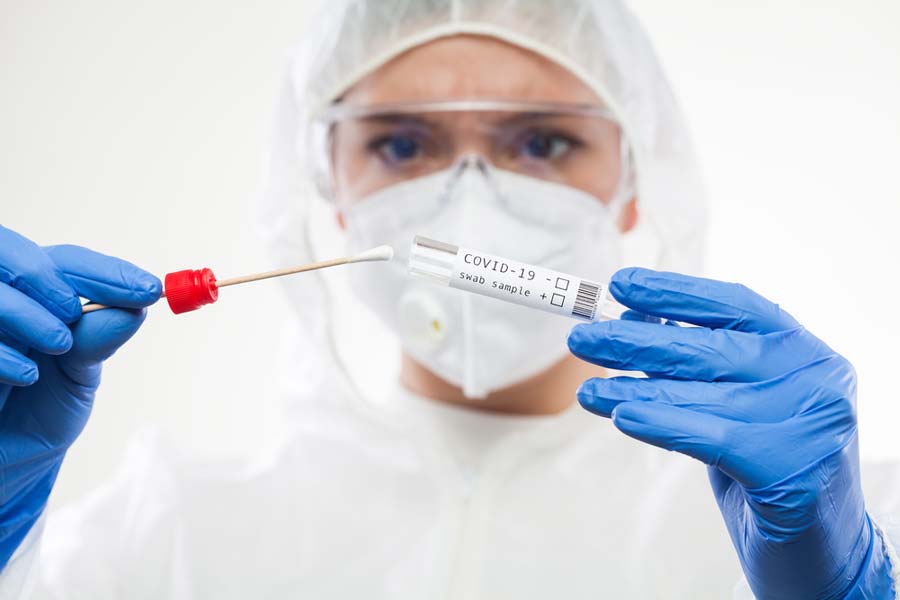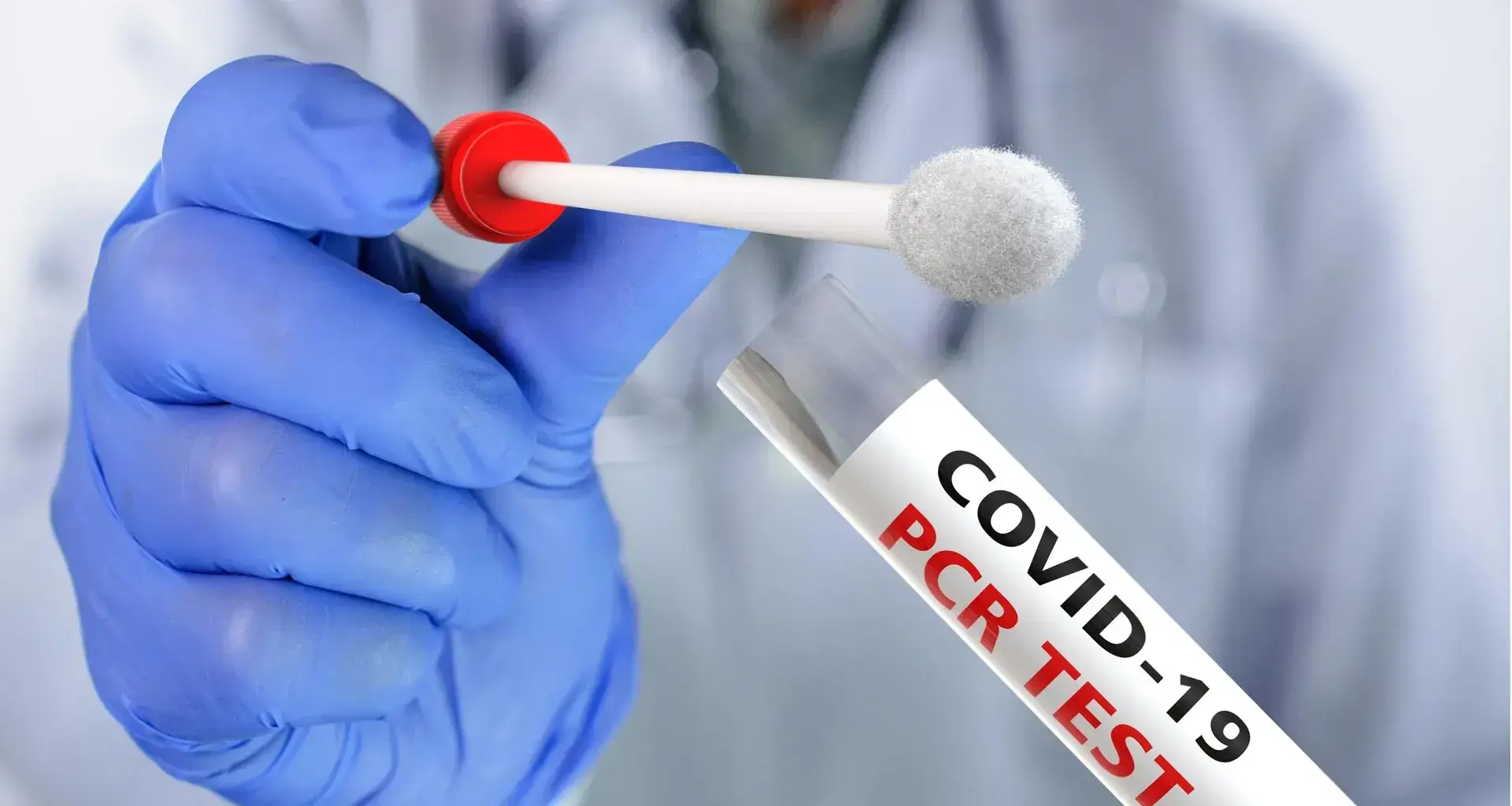If you’ve already had COVID-19, you need to know this: you don’t have to take a PCR test after 10 days to rule out the disease, stated Dr. Óscar Tamez, pediatric infectious disease specialist at TecSalud.
“You don’t have to take the follow-up PCR test since you may still get a positive result,” said Dr. Tamez.
The health expert pointed out that this positive result occurs because the sensitivity of the PCR test detects the SARS-CoV-2 virus’ genetic material, which is inactive after 10 days.
“It doesn’t mean you have the infectious virus in your body, just the genetic material that has remained, which can’t generate additional contagions if you’ve been isolated for the minimum number of days.”

If you’ve already completed your 10 days of isolation, the PCR test isn’t necessary
After isolating for 10 days, the first being the day the symptoms appeared, you are no longer able to infect others, Dr. Tamez explained, so a PCR test would be unnecessary.
“PCR tests aren’t necessary after infections since, in addition to the inconvenience, they create an unnecessary expense.
“It also overwhelms laboratories because there are people who are taking their follow-up PCR tests, creating a higher volume of samples that can delay results.”
Dr. Tamez reminded us that isolation should only end if a person has been fever-free for at least 24 hours without taking medication and all other symptoms have disappeared.
The expert pointed out that there may also be few tests available in some parts of Mexico, and they should be made available for the people who really need them.
“PCR tests aren’t necessary after infections since, in addition to the inconvenience, they create an unnecessary expense.”
An antigen test is recommended if a person wants to take a detection test.
“The antigen test has benefits over PCR tests in terms of lower cost and higher response speed.”
Dr. Tamez stressed that a negative antigen result doesn’t necessarily indicate the absence of transmissible virus, particularly during the first days of the infection due to the Omicron variant’s characteristics.
“We’re getting more false negatives for COVID using antigens (because of Omicron).”
Do you still have symptoms?
If you still have symptoms after 10 days of isolation, you could be suffering from so-called Long COVID or post-COVID-19 condition, but you’re no longer contagious.
Dr. Gloria Aguirre, an infectious disease specialist on the COVID team at TecSalud, explains that Long COVID occurs when there are prolonged symptoms 4 weeks after the initial infection, which may last up to 12 weeks.
The most common Long COVID symptoms
- Fatigue (58%)
- Headaches (44%)
- Hair loss (25%)
- Shortness of breath (24%)
- Loss of taste (23%)
- Loss of smell (21%)
If symptoms persist, seek medical help.
READ MORE:





